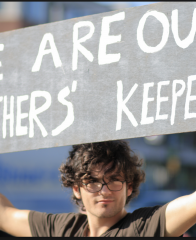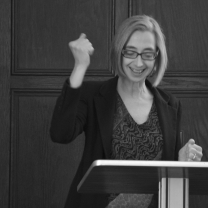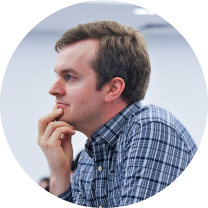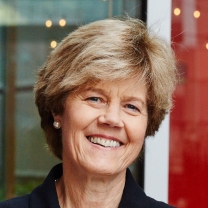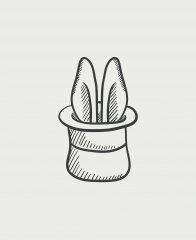 / Healthcare and Community
Subscribe
/ Healthcare and Community
Subscribe

My initial placement was with the Clinton Health Access Initiative (CHAI) in Eswatini, where I worked with their health interventions team on an important and timely project: addressing the barriers to the uptake of the HPV vaccine for boys, which the country is planning to roll out soon. Unfortunately, my time with CHAI was cut short due to a family emergency, but I was able to complete my internship by volunteering with the Sunera Foundation in Sri Lanka, an organization that uses the arts to empower individuals with disabilities.
At CHAI, I spent three weeks immersed in the national effort to improve HPV vaccination rates, a pressing public health priority in Eswatini. The Ministry of Health (MOH) had already launched an HPV vaccine campaign for girls aged 9-14, and my role was to help understand how similar efforts could be extended to boys. To gain insights into the challenges surrounding vaccine uptake, I conducted fieldwork alongside the MOH team, visiting schools to observe the campaign’s rollout and collect information about the perspectives and concerns of teachers, students, and parents. This direct engagement gave me a valuable window into the socio-cultural dynamics influencing health behaviors in Eswatini. One of the highlights of my time with CHAI was participating in a three-day workshop they hosted for the MOH on resource mobilization. The workshop focused on strategies to secure funding for health programs, ensuring sustainability and expanding access to essential vaccines. Being a part of this training allowed me to witness high-level policy discussions and collaborate with professionals who are passionate about improving public health infrastructure. The experience deepened my understanding of the complexities of health systems strengthening and gave me a glimpse of the logistical challenges faced by health ministries in resource-constrained settings.
Although I was thoroughly engaged in my work with CHAI, an unexpected family emergency required me to return to Sri Lanka. Leaving Eswatini so abruptly was difficult, as I felt a strong connection to the project and the people I was working with. However, I was fortunate to be able to continue my internship by volunteering with the Sunera Foundation in Sri Lanka for the remaining six weeks of the summer.
At Sunera, I found myself in a completely different environment, yet the experience was equally transformative. The foundation runs workshops for individuals with disabilities, using creative expression—through drama, music, and art—as a tool for empowerment. This work was deeply personal and emotionally fulfilling, as I was able to interact directly with participants and see the immediate impact of the foundation’s programs. Through the workshops, I witnessed how creative expression can build confidence and foster a sense of belonging among individuals who often face social exclusion.Volunteering at Sunera also gave me the chance to learn about the challenges faced by non-profit organizations in the global south, particularly in terms of resource limitations and the need for continuous fundraising efforts. Much like my experience with CHAI, I saw how crucial it is for organizations to have sustainable financial backing to continue their vital work. However, unlike the large-scale health interventions I had observed in Eswatini, the work at Sunera was more grassroots in nature, focused on individual lives and their personal stories of growth and transformation.
While it was difficult to leave Eswatini before completing my original internship, my time at the Sunera Foundation allowed me to see how different sectors—health and the arts—can drive positive social change in distinct but equally powerful ways. Both experiences have reinforced my passion for working at the intersection of social justice, public health, and community empowerment. I am incredibly grateful for the opportunity to have been part of these initiatives and to have gained such a diverse range of experiences.
